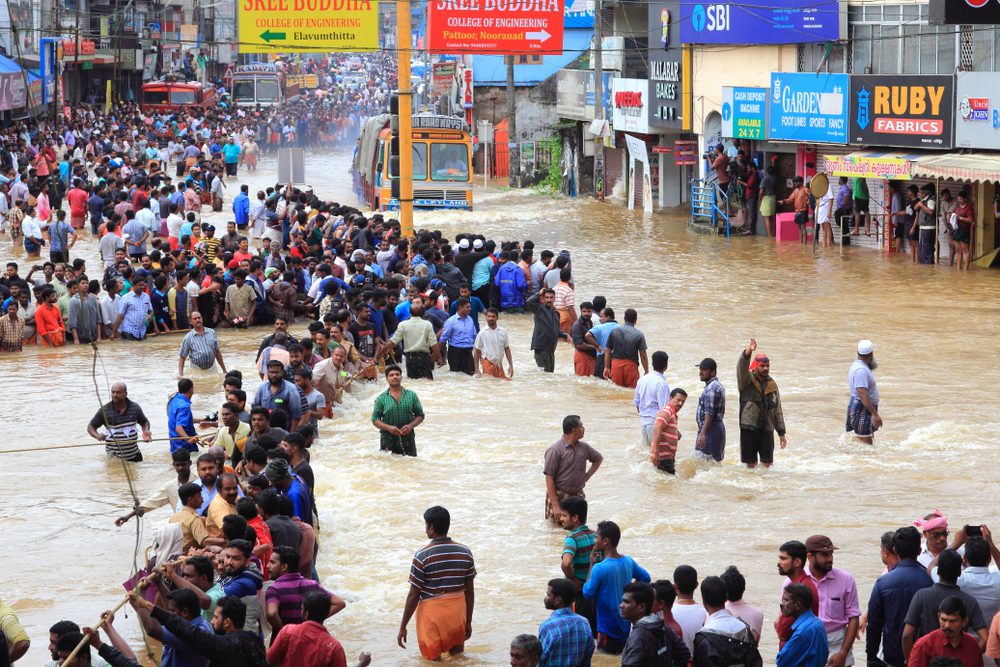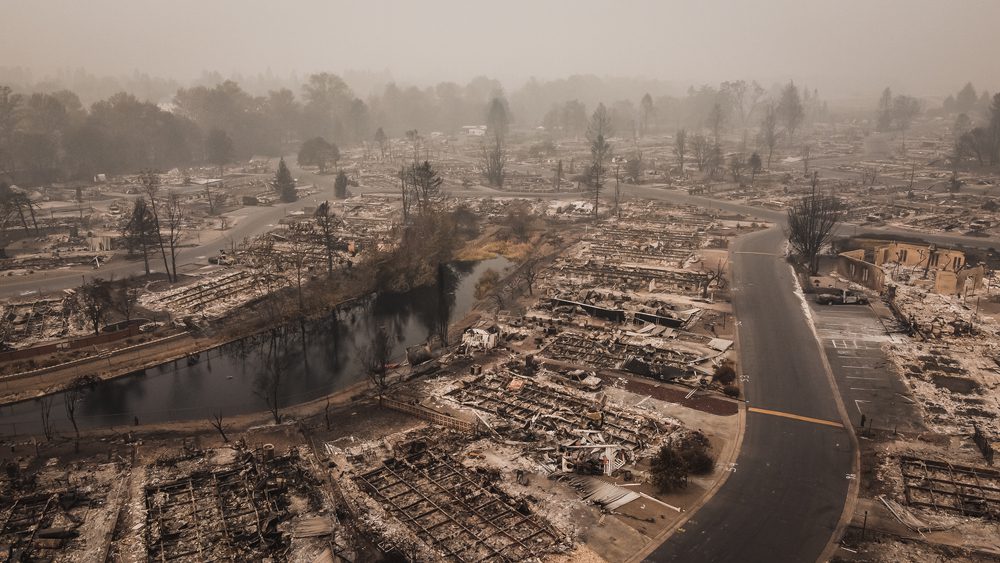The climate crisis is getting deeper and deeper – but humanity still has a number of options left on the table, according to the latest Intergovernmental Panel on Climate Change (IPCC) report released today.
The report can be summed up very simply: the planet is facing big trouble, but solutions are still available.
“If you want us to sort of very colloquially summarise the thing, and I borrow the words of a very senior colleague in the IPCC, and say that we are up the proverbial creek, but we do have a paddle. That’s really the key message from the report,” Professor Frank Jotzo, Head of Energy at the Institute for Climate, Energy & Disaster Solutions at The Australian National University and member of the IPCC Synthesis Report core writing team, said in a statement.
The IPCC is an intergovernmental body of the United Nations that regularly reviews and spreads information about the latest science of human-caused climate change.
Released on Monday, March 20, 2023, the latest IPCC synthesis report pulls together the findings of six reports released by the IPCC since 2015. Its main aim is to give policymakers and the public an even more concise picture of the crisis at hand – and the approaches that could potentially fix the problem.
The report states that the burning of fossil fuels and unsustainable energy and land use have led to global warming of 1.1°C (2°F) above pre-industrial levels. In 2018, the IPCC highlighted the need to keep the warming of global average temperatures to 1.5°C (2.7°F), as well as the huge challenges involved in doing so.
The latest findings suggest that the impacts of the climate crisis are already being seen, and we’re currently not doing nearly enough to keep within this 1.5°C (2.7°F) target.

People gather to rescue the affected people from flooded area on August 17, 2018, in Pathanamthitta, Kerala, India. Image credit: AJP/Shutterstock.com
While many of the findings have been heard time and time again, the report stresses how a number of “feasible and effective options” to adapt to climate change and significantly reduce greenhouse gas emissions.
However, this really is the last decade we have to act. Emissions need to decrease now, and will need to be cut by almost half by 2030 if warming above 1.5°C (2.7°F) is to be avoided.
“The latest IPCC report triggers many alarm bells that we cannot afford to ignore,” explained Professor Mark Howden, Director of the Institute for Climate, Energy, & Disaster Solutions at The Australian National University, Vice-Chair of IPCC working group II, and review editor for the IPCC Synthesis Report in a statement. “It makes it crystal clear that climate change has rapidly altered the atmosphere, oceans, land, and ice-covered areas. This has generated more severe extreme weather events and widespread negative impacts on lives, livelihoods, and natural systems.”
“More change is likely. For example, in almost all emission scenarios global warming reaches 1.5 degrees Celsius in the first half of the 2030s. The choices we take now will have consequences in coming decades and potentially for thousands of years,” he added.

Climate change is already driving extreme weather, such as the wildfires seen in California over the past few years. Image credit: arboursabroad/Shutterstock.com
Another point that’s been given more emphasis in the latest report is the need to recognize that the climate crisis is already hitting the world’s most vulnerable regions especially hard, even though these parts of the world have historically contributed least to the problem.
At the COP27 climate conference in November 2022, there was heated debate around “loss and damage”, which is the idea that richer nations should pay poorer nations to help them deal with the mounting damage linked to global warming. The new report underlines that climate justice for vulnerable communities must remain central to the way the world deals with this crisis.
“Climate justice is crucial because those who have contributed least to climate change are being disproportionately affected,” said Aditi Mukherji, one of the 93 authors of this Synthesis Report, the closing chapter of the Panel’s sixth assessment, in a press release.
“Almost half of the world’s population lives in regions that are highly vulnerable to climate change. In the last decade, deaths from floods, droughts and storms were 15 times higher in highly vulnerable regions,“ she added.
Source Link: New IPCC Climate Report: "We Are Up The Proverbial Creek, But We Do Have A Paddle"